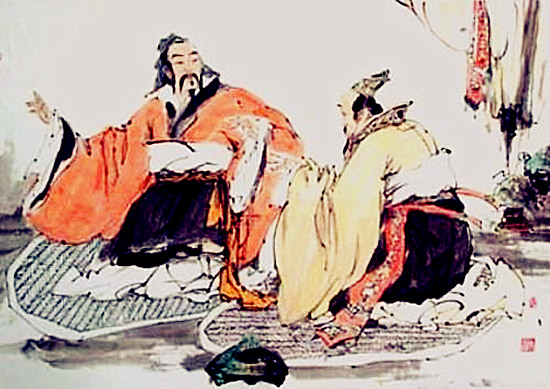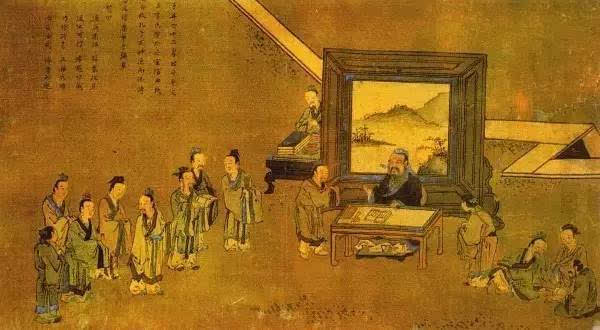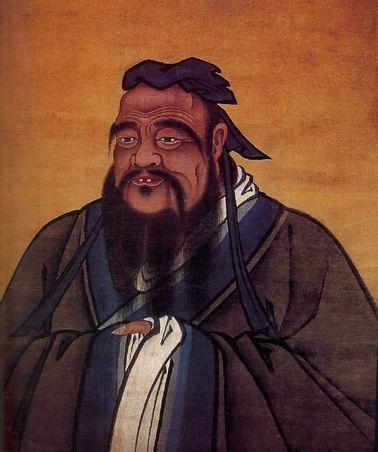Confucius and Confucianism
2 min readConfucius,(551-479 BC),was the Chinese sage who founded Confucianism.Born of a poor but aristocratic family in the state of Lu(now Shandong province),he was orphaned at an early age.As a young man,he held several minor government posts;in later years,he advanced to become the Minister of Justice in his home state.But he held these positions only intermittently and for short periods because of conflicts with his superiors.Throughout his life. he was best known as a teacher.When he died at the age of 72,he had taught a total of 3,000 disciples who carried on his teachings.

Three doctrines of Confucius are particularly important.The first is benevolence(ren). Confucius considered benevolence as sometning peopie cultivate within themselves before it can affect their relations with others.Ihe best way to aipproach benevolence is in terms of enlightened self interest,that is,putting the sen in mie posluon oi others and then treating others accordingly.Two sayings of Confucius best express this idea:”Do not do to others what you would not like yourself”;and”Do unto others what you wisht o do unto yourself.”Benevolence means the practice of these two sayings.The second doctrine concerns the superior man(chun- The superior man is one who practiccs on..dess of family baotannd Ritual propriety is the third doctrine.Confucius emphasized right behaviors in one’s relations; n chould act in accordance with propricty.tdllstically toward. c.hhehavior is called li;it refers to social aind “oosde people in th… relations.

The sayings of Confucius were later incorporated into the book called The Analects. Confucius is also considered the author of The Book of Rites and Spring ;and Autumn Annals,a history of the state of Lu from 771 to 579 BC.
Confucianism,the philosophical system founded on the teaching of Confucius(551-479 BC),dominated Chinese sociopolitical life for most of Chinese history and largely influenced the cultures of Korea,Japan,and Indochina.The Confucian school functioned as a recruiting ground for government positions,which were filled by those scoring highest on examinations in the Confucian classics.It also blended with popular and imported religions and became the vehicle for articulating Chinese mores to the peasants.The school’s doctrines supported political authority using the theory of the mandate of heaven.It sought to help the rulers maintain domestic order,preserve tradition,and maintain a constant standard of living for the taxpaying peasants.It trained its adherents in benevolence,traditional rituals,filial piety,loyalty,respect for superiors and for the aged,and principled flexibility in advising rulers.









